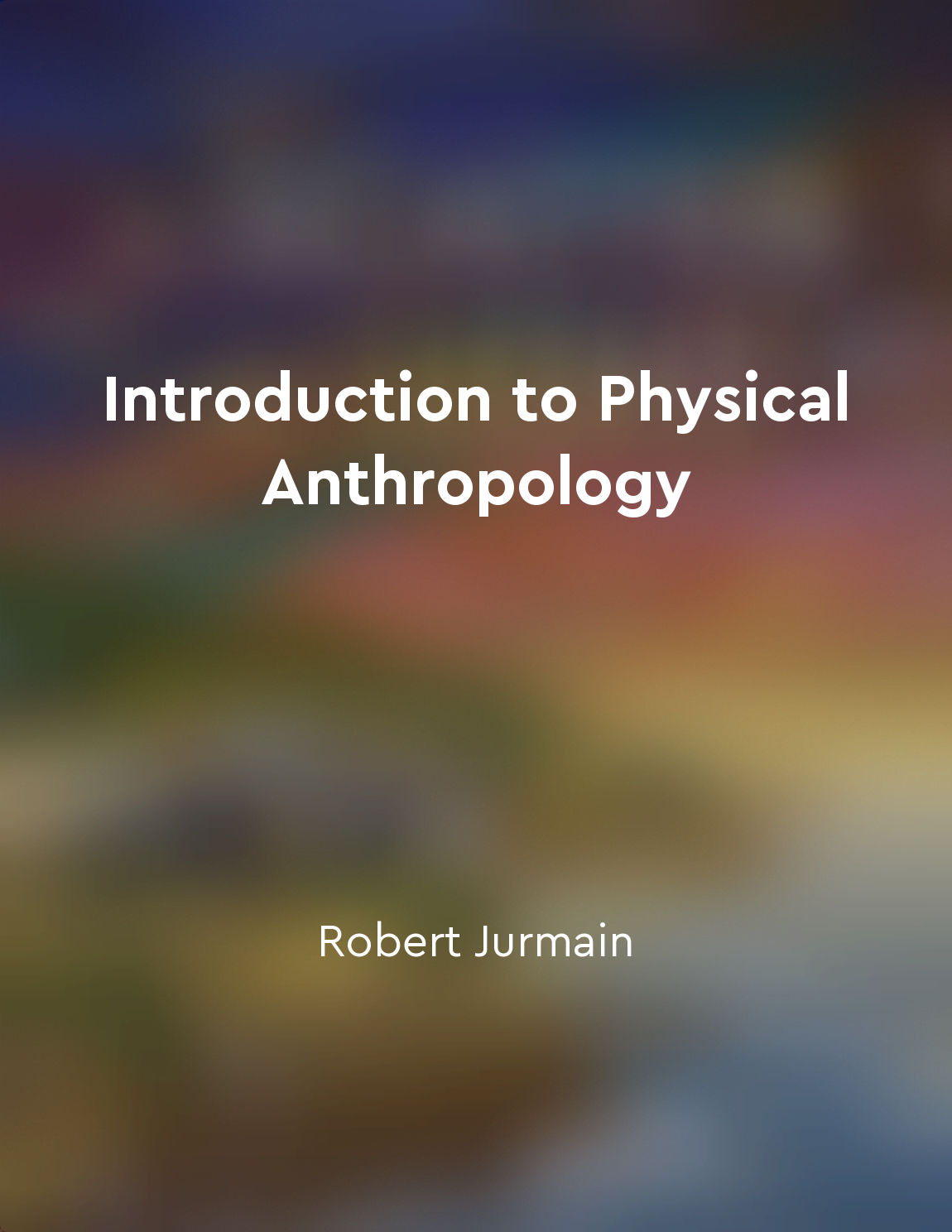Racial bias has shaped migration policies and attitudes from "summary" of The Next Great Migration by Sonia Shah
Racial bias has long played a significant role in shaping migration policies and attitudes. Throughout history, racial prejudices have influenced how societies view certain groups of people as migrants, leading to discriminatory practices and exclusionary policies. These biases have often been rooted in stereotypes and misconceptions about different racial and ethnic groups, perpetuating a cycle of discrimination and marginalization. For example, colonial powers in the past justified their exploitation and displacement of indigenous peoples by dehumanizing them and portraying them as inferior beings. This racial bias not only justified the violence inflicted upon these populations but also influenced migration policies that favored the colonizers and oppressed the colonized. The legacy of these discriminatory practices continues to shape migration patterns and attitudes today. In more recent times, racial biases have manifested in policies that target specific racial and ethnic groups for exclusion or deportation. For instance, the United States' history of anti-immigrant legislation has disproportionately affected people of color, particularly those from Latin America, Asia, and Africa. These policies are often justified by appealing to stereotypes and fears about "dangerous" or "undesirable" migrants, perpetuating harmful narratives that stigmatize certain racial and ethnic groups. Furthermore, racial biases have also influenced public attitudes towards migrants, shaping how they are perceived and treated in society. Stereotypes and prejudices about different racial and ethnic groups can lead to discrimination in employment, housing, and education, creating barriers for migrants to fully participate in their new communities. These attitudes can also fuel xenophobia and racism, contributing to social tensions and conflicts between different racial and ethnic groups.- The impact of racial bias on migration policies and attitudes is profound and far-reaching. By acknowledging and challenging these biases, societies can work towards creating more inclusive and equitable migration systems that respect the rights and dignity of all individuals, regardless of their race or ethnicity. Only by addressing and dismantling these ingrained prejudices can we truly move towards a more just and compassionate approach to migration.
Similar Posts
Attribution theory examines how individuals explain the causes of behavior
Attribution theory delves into the intricacies of how people make sense of the world around them, particularly in terms of unde...
They can exacerbate wealth disparities
The use of mathematical models in various aspects of our lives has the potential to widen the gap between the wealthy and the p...
Absolutism in Europe leads to centralized power
Absolutism in Europe was a form of government where the ruler held absolute power and authority over the state and its people. ...

Colorblindness ignores systemic issues
Colorblindness is a popular term thrown around by those who believe that acknowledging race is the same as perpetuating racism....
Persuasion techniques can impact attitudes and behaviors
Persuasion techniques are powerful tools that can shape the attitudes and behaviors of individuals. When someone is persuaded t...

Modern humans are part of a diverse and interconnected global community
In today's world, it is evident that modern humans are not isolated entities but rather part of a larger global community that ...
Minimum wage laws
Minimum wage laws are often seen as a way to help low-income workers by ensuring that they are paid a decent wage. This may sou...
Address systemic inequalities
To truly address systemic inequalities, we must first acknowledge that these issues are deeply ingrained in our society. They a...
The notion of "stranger danger" is a myth
The idea that strangers are the primary threat to children's safety is a commonly held belief in society. This concept, known a...

Police brutality remains a pressing issue
The issue of police brutality continues to plague our society, revealing the deep-rooted injustices that persist within our law...

